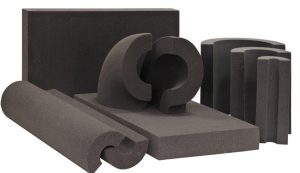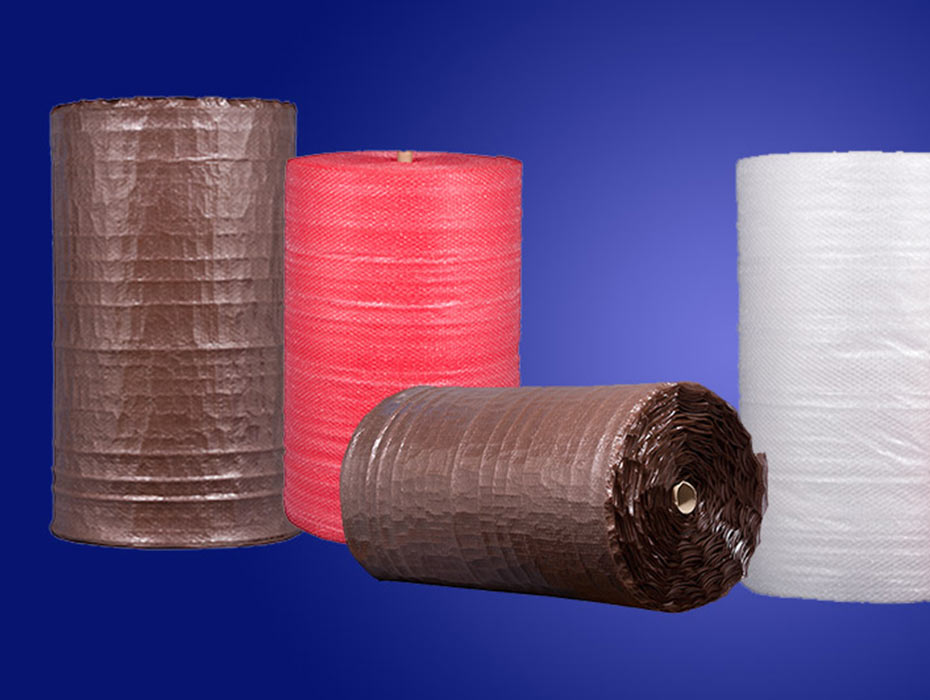In the world of industries, where temperatures soar and energy costs escalate, finding the perfect heat insulation solution is like discovering a hidden treasure. Whether you’re in manufacturing, processing, or any other sector, understanding the various options available can be the key to unlocking significant savings and boosting productivity.
Embrace the Power of Reflective Foils
Imagine a shield that repels heat like a superhero deflecting enemy attacks! Reflective foils offer just that. By bouncing back the sun’s scorching rays, they ensure your workspace remains pleasantly cool. In addition to being cost-effective, these foils are lightweight and easy to install, making them a top choice for many industries seeking sustainable insulation solutions.
Rockwool – Nature’s Own Insulator
When you think of nature’s remarkable creations, the Grand Canyon or the Northern Lights might come to mind. But have you heard of Rockwool? Derived from volcanic rock, this natural marvel serves as an exceptional insulator, safeguarding your industry from intense heat. Its eco-friendly composition aligns perfectly with the values of today’s environmentally conscious businesses.
Battling Heat with Cellular Glass

Image via Wikimedia Commons – Razumhak, Original mg 9708 056, CC BY-SA 4.0
A lesser-known yet highly efficient contender in the insulation arena is cellular glass. Picture a versatile material capable of withstanding extreme temperatures while also being moisture-resistant. It’s the resilient warrior that combats heat, and it’s no surprise that many industries are turning to this exceptional solution to reduce energy consumption and curb carbon footprints.
Enhancing Efficiency with Thermal Insulating Lubricants
In the world of industrial heat insulation, lubricant companies in Sri Lanka the likes of McLarens Sri Lanka recognise the crucial role of thermal insulating lubricants. These specialised lubricants not only reduce friction and wear between machinery parts but also possess excellent thermal conductivity properties. By efficiently dissipating heat from the equipment, thermal insulating lubricants can contribute to overall temperature control within the industrial setting, improving energy efficiency, extending equipment life, and reducing the need for excessive heat insulation measures.
